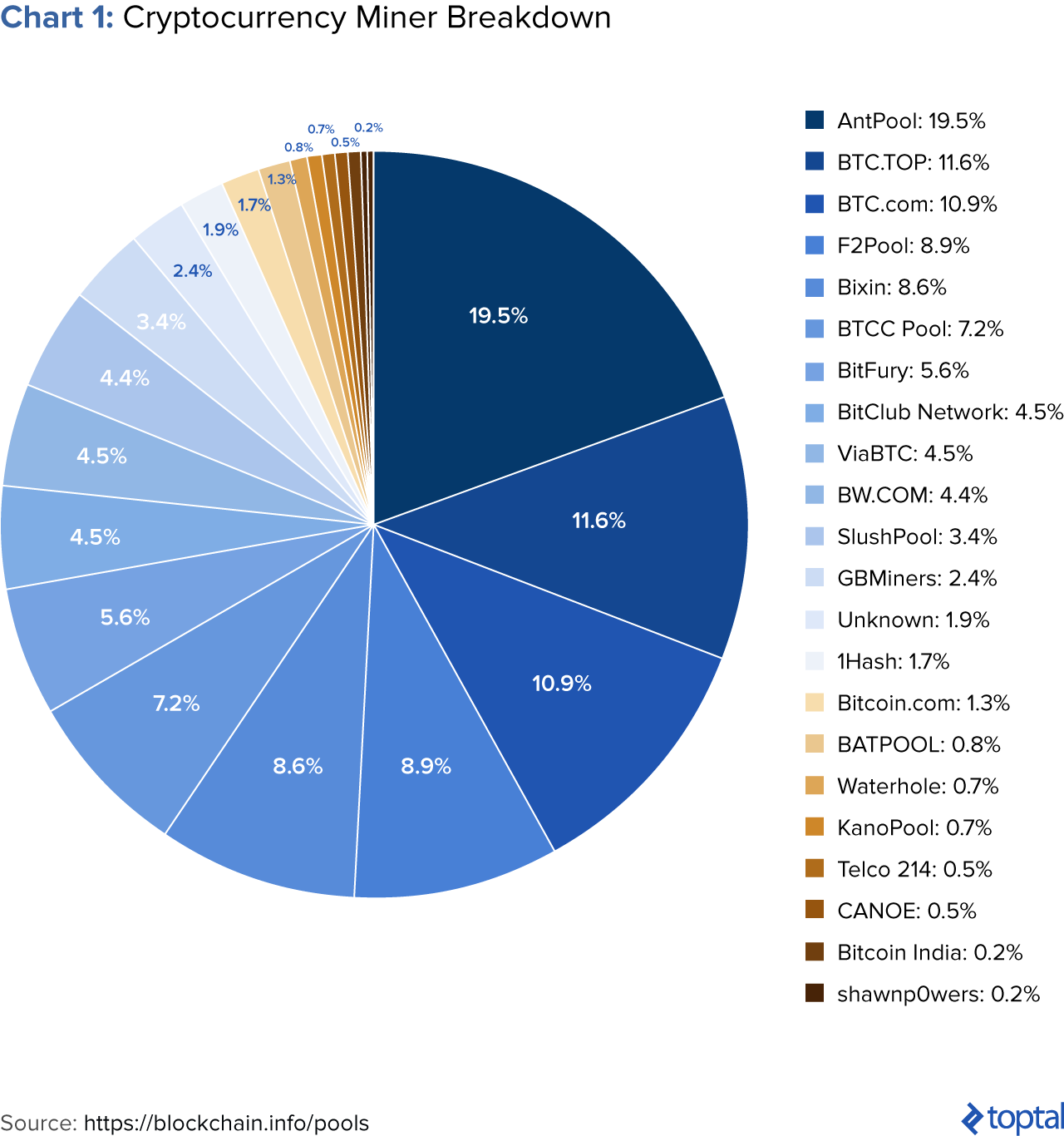Cryptocurrency Meltdown: Understanding The Causes And Impact Of The Market Collapse
Editor's Notes: Cryptocurrency Meltdown: Understanding The Causes And Impact Of The Market Collapse have published today, June 14th, 2023. In the past few months, the cryptocurrency market has experienced a dramatic meltdown, losing over $2 trillion in value. This has led to widespread concern and uncertainty about the future of cryptocurrencies. In this guide, we will explore the causes and impact of the cryptocurrency meltdown, and provide some insights into what the future may hold for this emerging asset class.
In order to provide our readers with the most comprehensive and up-to-date information possible, we have conducted extensive research and analysis. We have also consulted with experts in the field of cryptocurrency to get their insights on the current market conditions. We believe that this guide will be a valuable resource for anyone who is interested in understanding the cryptocurrency meltdown and its potential implications.
Key Differences/Key Takeaways:
Transition to main article topics:
FAQ
The cryptocurrency market has experienced a significant decline in recent months, leaving many investors confused and concerned. This FAQ aims to provide a comprehensive understanding of the causes and impact of this market collapse.

Buy UNDERSTANDING METAVERSE: The Ultimate Guide To Understanding The - Source www.desertcart.nz
Question 1: What are the primary factors that contributed to the cryptocurrency meltdown?
Multiple factors have influenced the market's downward trajectory. These include regulatory uncertainty, negative news coverage, and a wider economic downturn.
Question 2: How has the market collapse affected different types of cryptocurrencies?
The decline has impacted various cryptocurrencies differently, with some losing a substantial portion of their value while others have remained more stable.
Question 3: What are the potential long-term implications of this market meltdown?
The long-term impact is yet to be determined, but this event may prompt increased regulatory scrutiny and a shift in investor sentiment.
Question 4: Should investors panic sell or hold onto their cryptocurrency investments?
The decision depends on individual circumstances and risk tolerance. Investors should carefully consider their options and consult experts before making any significant moves.
Question 5: What are the lessons that can be learned from this market collapse?
This event highlights the volatility of cryptocurrency markets and the importance of diversifying investments. It also reinforces the need for robust risk management strategies.
Question 6: What are the prospects for cryptocurrency recovery?
The recovery timeline is uncertain, but it will likely depend on a combination of factors, including regulatory developments and market sentiment.
For further insights, refer to the comprehensive article Cryptocurrency Meltdown: Understanding The Causes And Impact Of The Market Collapse for an in-depth analysis.
The cryptocurrency market remains in a state of flux, and it is crucial for investors to stay informed and make informed decisions. By understanding the causes and impact of this market collapse, they can better navigate the uncertain waters ahead.
Tips:
To understand the recent cryptocurrency meltdown, it is crucial to consider the contributing factors and their impact on the market's collapse. By exploring these aspects, investors can gain valuable insights into the current state of the market and make informed decisions.
Tip 1: Analyze Over-leveraging and Lack of Liquidity
Excessive use of leverage led to a fragile market ecosystem where a small trigger could cause a chain reaction of liquidations. Over-leveraged investors were forced to sell their holdings at deep discounts, exacerbating the market's decline.
Tip 2: Examine Regulatory Uncertainties and Enforcement Actions
Regulatory uncertainty created a sense of unease among investors, leading to a loss of confidence and a sell-off in crypto assets. Increased regulatory scrutiny and enforcement actions also contributed to the market's collapse.
Tip 3: Consider Macroeconomic Factors and Inflationary Pressures
Macroeconomic conditions, such as rising inflation and interest rates, impacted the overall investment climate. As risk-off sentiment prevailed, investors shifted away from volatile assets like cryptocurrencies.
Tip 4: Understand Stablecoin De-pegging and Bankruptcies
The de-pegging of stablecoins, such as TerraUSD, and the subsequent collapse of major crypto exchanges like FTX led to a loss of trust and a further decline in crypto asset prices.
Tip 5: Explore Emerging Technologies and Innovations
Despite the recent market turmoil, the underlying technology behind cryptocurrencies continues to evolve. Exploring emerging technologies, such as decentralized finance (DeFi) and non-fungible tokens (NFTs), can provide opportunities for long-term growth.
By following these tips, investors can gain a comprehensive understanding of the cryptocurrency meltdown and its implications. This knowledge can assist in making informed decisions and navigating the evolving digital asset landscape.
Cryptocurrency Meltdown: Understanding The Causes And Impact Of The Market Collapse
The recent cryptocurrency meltdown has sent shockwaves through the financial world, exposing the inherent risks and complexities of this emerging asset class. To fully understand the causes and impact of this market collapse, it is essential to delve into its core aspects:
- Excessive Speculation: Fueled by hype and unrealistic expectations, retail investors flocked to cryptocurrencies, driving prices to unsustainable levels.
- Regulatory Uncertainty: Lack of clear regulations created a Wild West-like environment, allowing for market manipulation and questionable practices.
- Unstable Market Infrastructure: Crypto exchanges faced operational and security challenges, leading to liquidity issues and trading suspensions during periods of volatility.
- Interconnectedness with Traditional Markets: Correlation with broader financial markets amplified the downturn, as investors sought safe havens amidst economic uncertainty.
- Terra-Luna Ecosystem Collapse: The failure of the TerraUSD stablecoin and its native token, Luna, triggered a domino effect, spreading contagion throughout the crypto ecosystem.
- Reduced Investor Confidence: The market collapse has eroded trust in cryptocurrencies, leading many investors to question the long-term viability of the asset class.
These key aspects highlight the complex interplay of factors that contributed to the cryptocurrency meltdown. Excessive speculation and regulatory uncertainty created a breeding ground for instability, while infrastructure issues and market interconnectivity exacerbated the crisis. The Terra-Luna ecosystem collapse served as a wake-up call, exposing the dangers of interconnectedness and the need for robust regulations. As the dust settles, the cryptocurrency market will face an uphill battle to regain investor confidence and establish itself as a legitimate asset class.

How Many Cryptocurrencies In The World Right Now? / 9 Things To Know - Source ruangpintar386.blogspot.com
Cryptocurrency Meltdown: Understanding The Causes And Impact Of The Market Collapse
The recent meltdown in the cryptocurrency market has sent shockwaves through the financial world. The collapse of several major exchanges, including FTX and Celsius, has led to billions of dollars in losses for investors. The connection between this meltdown and the broader topic of "Cryptocurrency Meltdown: Understanding The Causes And Impact Of The Market Collapse" is significant, as it highlights the inherent risks associated with cryptocurrency investments and the need for greater regulation in the industry.

Understanding the Evolution of Cryptocurrency Market Trends - Unocoin Blog - Source blog.unocoin.com
The causes of the cryptocurrency meltdown are complex, but several factors have contributed to the current situation. One major factor is the lack of regulation in the cryptocurrency industry. Unlike traditional financial markets, which are subject to strict oversight by government agencies, the cryptocurrency market is largely unregulated. This has allowed unscrupulous actors to operate with impunity, leading to scams, fraud, and market manipulation.
Another factor that has contributed to the meltdown is the extreme volatility of cryptocurrency prices. The value of cryptocurrencies can fluctuate wildly, often by double-digit percentages in a single day. This volatility makes it difficult for investors to make informed decisions and can lead to panic selling when prices start to fall.
The impact of the cryptocurrency meltdown has been far-reaching. Investors have lost billions of dollars in value, and the reputation of the cryptocurrency industry has been tarnished. The meltdown has also raised concerns about the stability of the financial system, as cryptocurrencies become more interconnected with traditional financial markets.
In the wake of the cryptocurrency meltdown, it is clear that greater regulation is needed in the industry. Governments around the world are beginning to take steps to regulate cryptocurrencies, but more needs to be done to protect investors and ensure the stability of the financial system.
| Key Insight # | Description |
|---|---|
| 1 | The lack of regulation in the cryptocurrency industry has contributed to its volatility and vulnerability to fraud. |
| 2 | Extreme volatility in cryptocurrency prices has made it difficult for investors to make informed decisions. |
| 3 | Governments around the world are beginning to regulate cryptocurrencies, but more needs to be done to protect investors. |
Conclusion
The cryptocurrency meltdown has been a wake-up call for investors and regulators around the world. It has highlighted the risks associated with cryptocurrency investments and the need for greater regulation in the industry. While cryptocurrencies may have the potential to revolutionize the financial system, they will only be able to do so if they are subject to the same level of oversight and regulation as traditional financial markets.
The future of cryptocurrency is uncertain, but it is clear that the industry will need to change in order to survive. Greater regulation, increased transparency, and better investor protection are all essential to restoring trust in the cryptocurrency market and ensuring its long-term viability.